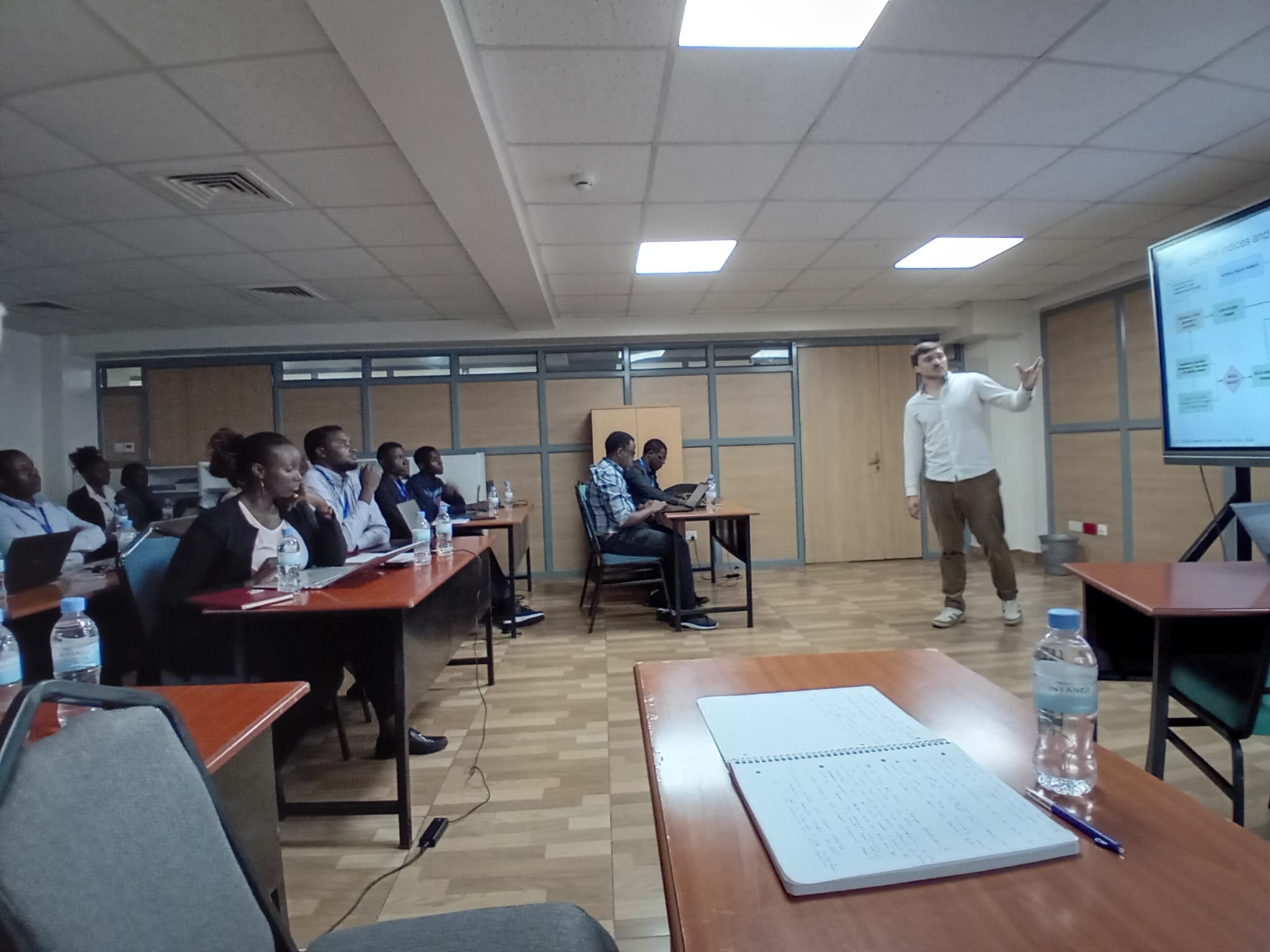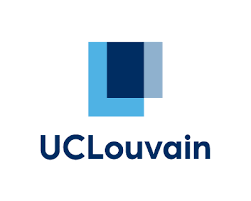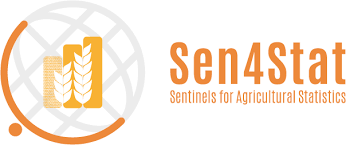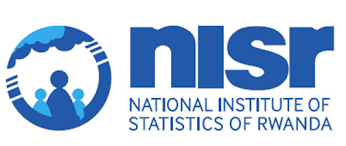EO-STAT workshop in Kigali (Rwanda)
Hybrid Event, 16/12/2024 - 20/12/2024

The National Institute of Statistics Rwanda (NISR) and EO-STAT team (UCLouvain), in collaboration with FAO, are organizing a workshop in Kigali, Rwanda, from December 16 to December 20, 2024.
The workshop aims at reaching a common understanding between National Institute of Statistics Rwanda (NISR) and EO-STAT team (UCLouvain) of what can be achieved with Earth Observation data to improve national agricultural statistics on crop acreage and yield in Rwanda. It will be organized in different sequences.
First, each team will present how they are working to generate agricultural statistics (protocols, EO data, survey data, etc.) and a first discussion will take place on the possible collaborations.
Second, the UCLouvain team will provide theoretical background on Earth Observation and showcase how to use the Earth Observation in the open-source Sen4Stat system to improve agricultural statistics.
Third, the two teams will work together with their own datasets (survey vector data and database, Sentinel-1 and Sentinel-2 time series, MAXAR mosaics) on computer to identify the potential of EO data and support the definition of collaboration areas for 2025.
Fourth, a field visit will be organized by NISR to show the agricultural survey protocol to the UCLouvain team and to teach them the specificities of the agricultural practices and landscape in Rwanda.
PROGRAMME
Day 1 16 December | Satellite Earth Observation current and potential utilization solutions for agricultural statistics in Rwanda Sen4Stat system presentation and demo |
Day 2 17 December | Working session Exploration of all relevant EO products and in-situ data for improving agricultural statistics |
Days 3 and 4 18-19 December | Field visit NISR team showcasing the agricultural survey on the field |
Day 5 20 December (morning) | Workshop summary to define the collaboration areas for 2025 |



